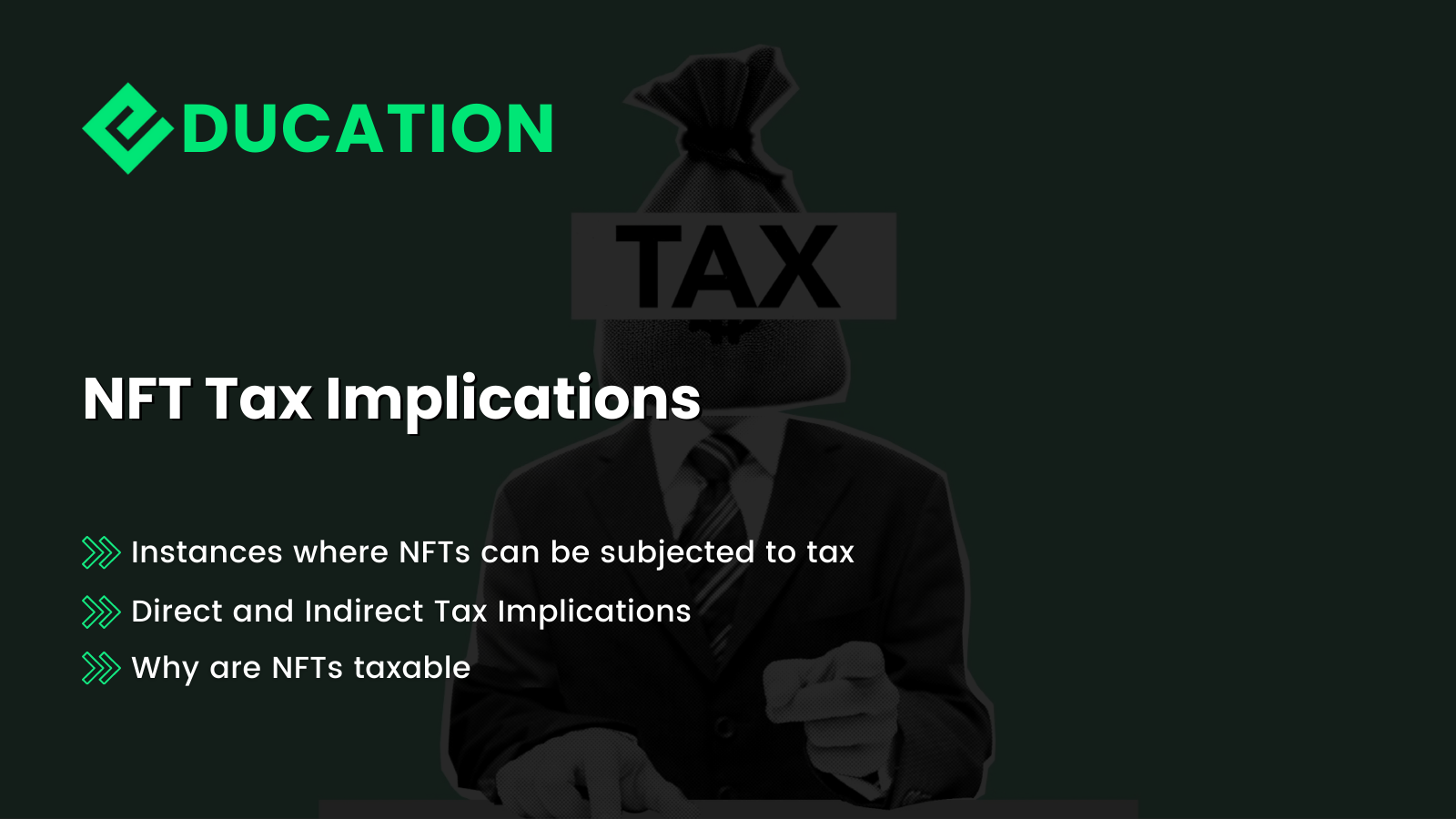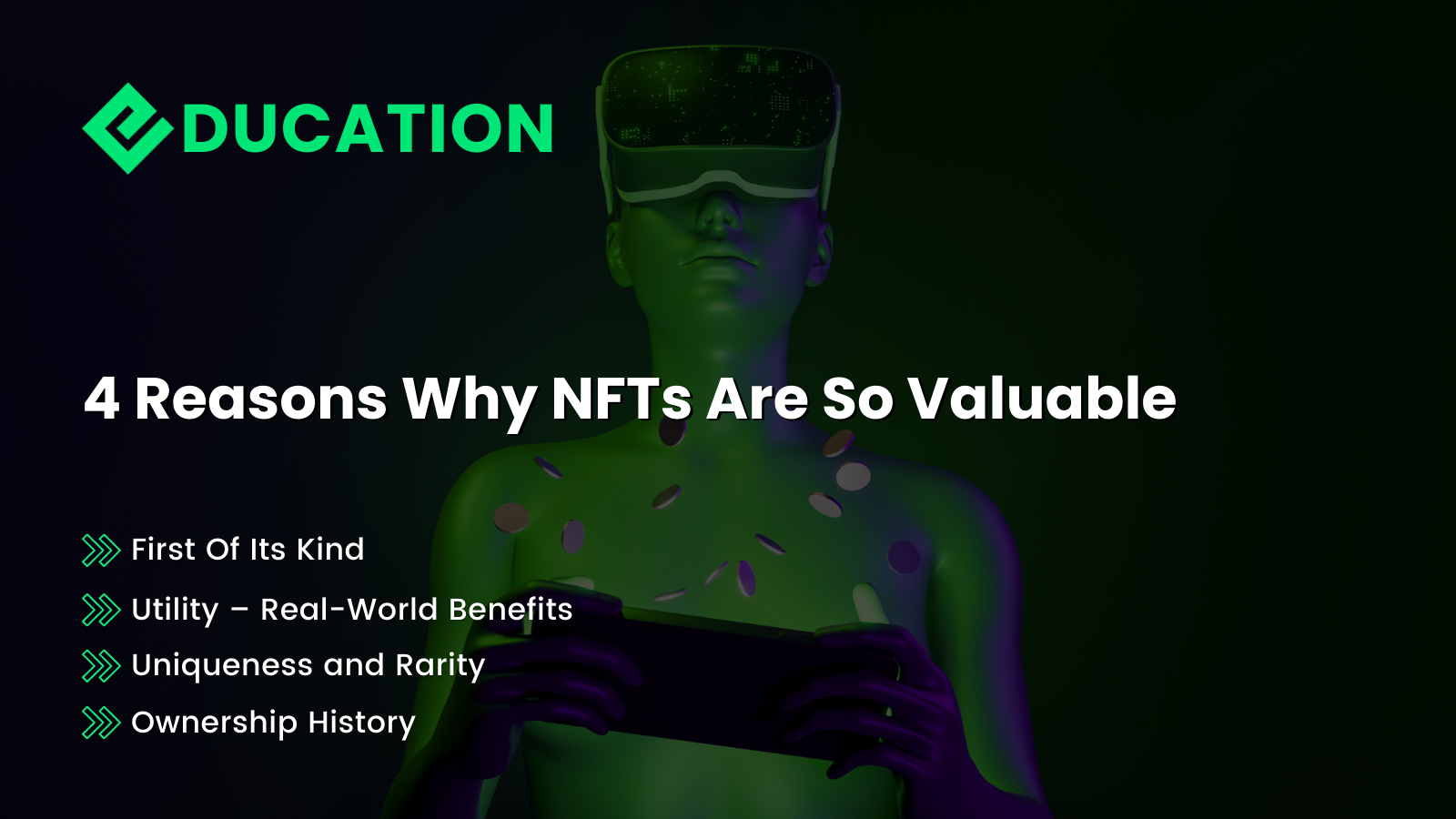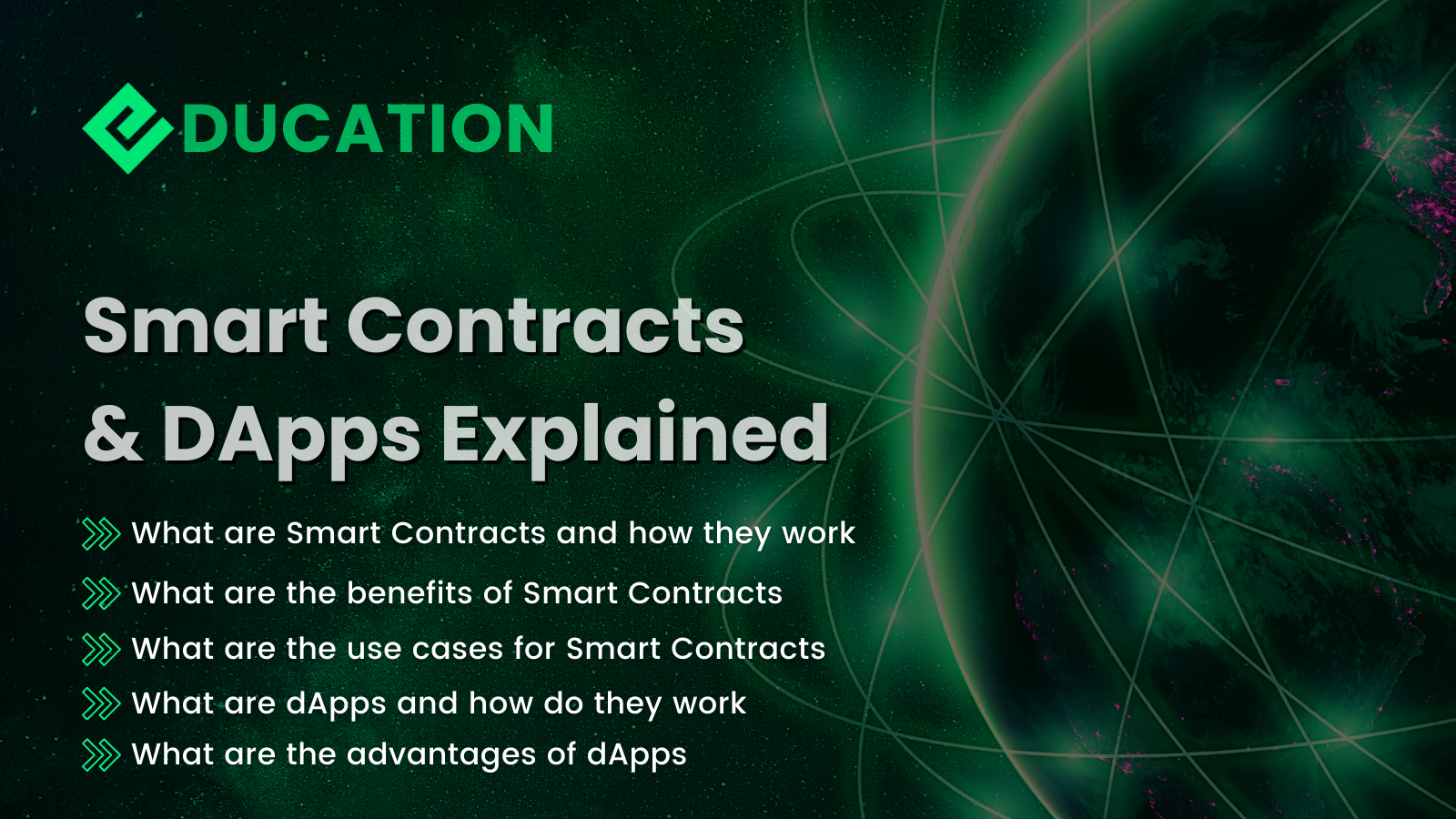

Top 5 challenges in the Blockchain Industry
Blockchain technology is still in its early stages of development, and many challenges must be addressed before it can be fully adopted.
Although it is true that making a Non-Fungible Token (NFT) is not a taxable event unless you sell or buy them from others, the existence of digital assets outside of the traditional financial system may still lead some investors to wonder whether their activities are taxable at all.
Let’s dig deep into the tax implications of making NFTs into fungible assets.
In most instances, NFTs, similar to fungible cryptocurrencies, are also subject to tax laws. The rate depends on the country that you are currently in. Today, here are the taxable activities where your NFTs will be subject to certain taxes:
Everything that involves something for value is taxable, whether or not the token that is used is a cryptocurrency or a fiat.
This is why selling your NFTs or purchasing one is subjected to certain taxes for disposing or owning one. Moreover, even trading your NFTs for another one is also covered in the tax laws as the exchange entails value for both NFTs.
NFT tax implications can be complicated and unclear. Tax Implications may include both direct and indirect taxes. The majority of the NFTs now being issued are simply ownership receipts for the underlying asset. As a result, countries may revert to first principles and tax an NFT on the same basis as the underlying assets when it comes to taxation.
There is definitely no one-size-fits-all answer for NFT taxation. When it comes to the sale and issuance of NFTs, there can be a variety of sophisticated direct taxation issues, such as withholding requirements if the NFTs involve intellectual property (brands and trademarks).
In addition, the purchase of an NFT in return for bitcoin is likely a bartering transaction from an indirect tax perspective.
NFTs are taxable because according to the IRS, they are considered personal property, and they are taxed depending on whether you are the seller, the creator, or the buyer.
It is crucial to remember that the Internal Revenue Service has not explicitly specified how it would tax non-fiat currencies in certain instances, and the majority of non-fiat currency platforms do not offer particular tax recommendations for purchases and sales.
It is of even greater importance to notice that the absence of explicit guidance from the IRS and platforms does not indicate that you may avoid paying taxes on NFTs. You are the one who is accountable for maintaining a record of all of your NFT transactions and reporting them on your income tax return.
While some countries are still behind in their local laws regarding implementing a tax on certain NFT transactions, it does not generally mean that you avoid keeping a tab of all of your NFT transactions. This is to prevent any problems in the future for tax fraud.
The NFTs are a booming industry, and it’s a no-brainer for one to join in the ride and see how it goes. With more people getting involved with cryptocurrencies and more various organizations adopting the NFT craze, it’s no wonder that people and minting, selling, or buying them as they are the next big thing that everyone must have.
However, as NFTs involve money or value, it is not exempt from the inherent power of every state, which is to impose a tax on every taxable good. NFTs are taxable goods, and everyone should comply with their tax implications to prevent any complications along the way.
If you’re the one who originally created the NFT, then it is not taxable; however, with the subsequent transactions, conveyances, and transfer of ownership, over the NFTs, then that is the time that tax will apply.
Taxes are the primary source of revenue for most governments. Hence, the mere reason of gaining profit from NFT transactions does make it subject to tax.


Blockchain technology is still in its early stages of development, and many challenges must be addressed before it can be fully adopted.


Although it is true that making a Non-Fungible Token (NFT) is not a taxable event unless you sell or buy them from others.


Whether you are new to NFTs, everyone knows that it continuously increases their value. How did it happen? What are the reasons behind this?


Suppose you’re an artist who has created NFT art; congratulations! You have created something that is truly unique and special.


Non-fungible tokens are becoming more and more popular, and there are a number of ways to earn money with them.


If you’re buying NFTs to invest, trade or as collectibles, you’ll want to have the best security possible.


Most NFT marketplaces are legitimate, but there have been instances where these marketplaces were created or infiltrated by hackers & scammers.


The NFT community is growing fast and becoming a useful resource for anyone interested in Non-Fungible Tokens. As more people get involved, the network effects will become stronger, which will, in turn, attract more creators to the cryptocurrency community.


It’s safe to say that many industries nowadays are moving towards digitization. One of the innovations that have made this transition possible is blockchain technology.


Non-fungible tokens (NFTs) have taken over many industries by storm. More and more people are now opting to “tokenize” or turn their assets into NFTs.
Be sure to follow us on Twitter and Telegram for the latest Energi News, and join our vibrant Discord channels to connect with others, learn more about the world of Crypto & NFTs and be part of the Energi Community.
Join our Newsletter to stay in touch with the latest Energi News
We use cookies to ensure you get the best experience on our website. Learn more about the data we collect on our Privacy Policy page.